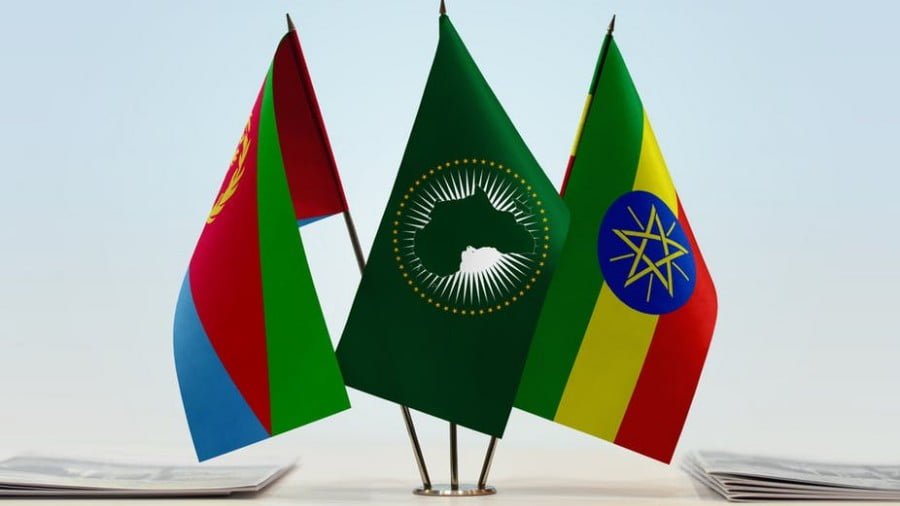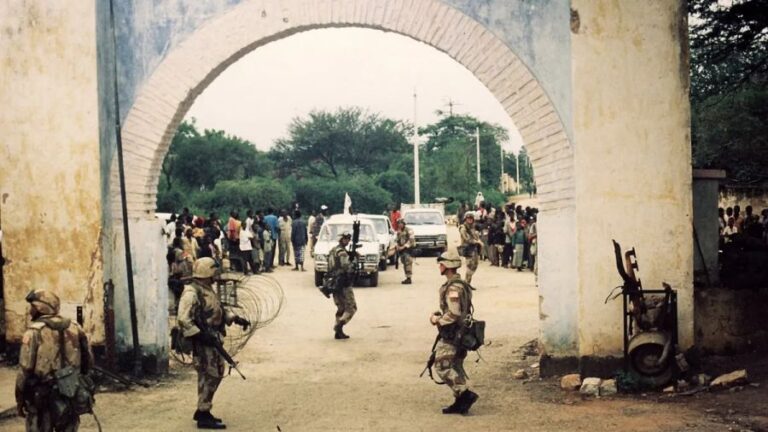Ethiopia’s Mediation of the Eritrean-Djiboutian Dispute will Help China
Ethiopia’s proposed mediating the lingering dispute between its Eritrean and Djiboutian neighbors as it takes the lead in pioneering peace in the Horn of Africa.
The brief 2008 border conflict between these two tiny, impoverished, but strategically positioned Red Sea states had previously seen the UN-mandated intervention of Qatari peacekeepers along their disputed frontier, but the Gulf State’s soldiers pulled out of the region last year after both countries leaned closer to Saudi Arabia during the ongoing Gulf Cold War. Abu Dhabi has since established itself as a transregional power after facilitating the historic peace agreement between Ethiopia and Eritrea, and, it can be speculated, possibly even the rapprochement between Ethiopia and close Emirati partner Egypt, but now it’s Ethiopia’s turn to broker regional reconciliation because of the UAE’s recent loss of influence in Djibouti.
A fast-moving dispute earlier this year saw the Djiboutian government seize control of an Emirati-operated port, thereby making the Gulf State powerless to shape events in the country, for better or for worse. Djibouti has also raised concern over the past month that Eritrea is being prematurely welcomed back into the “international community” despite no progress being made on resolving the two countries’ decade-long border issue, though some analysts believe that it’s more fearful of losing its transit monopoly over Ethiopia to Addis Ababa’s previously sworn enemy than anything else. As the thinking goes, this is also being encouraged by the UAE for retributive reasons.
Ethiopia naturally has an interest in diversifying its access to the sea, but it doesn’t have to be framed in the zero-sum way that some in Djibouti might be interpreting it. Even so, the successful rerouting of some trade from Djibouti to Eritrea and the breakaway region of Somaliland in which Ethiopia and the UAE plan to jointly develop a port would inevitably have an impact on the volume of trade across the newly opened and Chinese-financed Djibouti-Addis Ababa Railway (DAAR), therefore possibly leading to less-than-expected revenues that ultimately offset Djibouti’s long-term budgetary planning. It goes without saying that this would also adversely affect China’s commercial interests as well.
It’s this second-mentioned tangential consequence that has caused some people to fret that Ethiopia is doing the US’ strategic bidding, but that’s unjustified fear mongering because a superficial correlation between the two doesn’t mean that one caused the other, nor that it’s even an accurate way to interpret the latest developments. The UAE and India recently agreed to closely cooperate with one another in Africa, meaning that the Emirates could contribute to funding the Indo-Japanese “Asia-Africa Growth Corridor” and helping it establish a foothold in the UAE’s new sphere of influence over the Horn of Africa, but the successful application of Beijing’s latest China-India-Plus-One proposal for coordinating developmental policies in African states could offset any zero-sum consequences.
For that to happen, though, Djibouti needs to avoid replacing Eritrea as the regional “pariah” and reach a mutually acceptable settlement with its neighbor. The Horn of Africa is on the cusp of profound change that could soon see more comprehensive Ethiopian-led integrational proposals such as streamlining economic and trade coordination within the Intergovernmental Authority on Development (IGAD) and eventually pairing the bloc with the East African Community, for example, but this exciting future requires that all players get on board and that no one plays the spoiler, which is why it’s so important for the Eritrean-Djiboutian dispute to be resolved as soon as possible otherwise Chinese – and consequently, multipolar – interests will be jeopardized.







